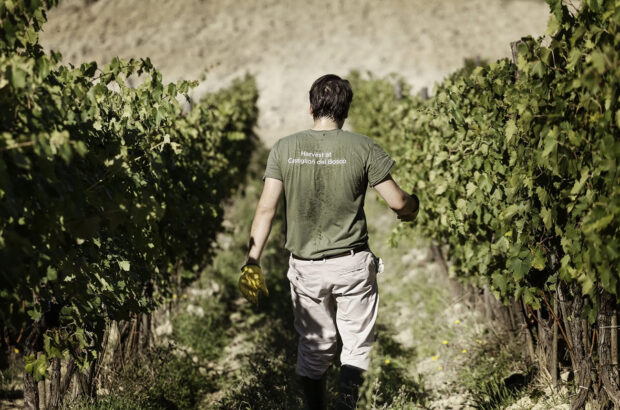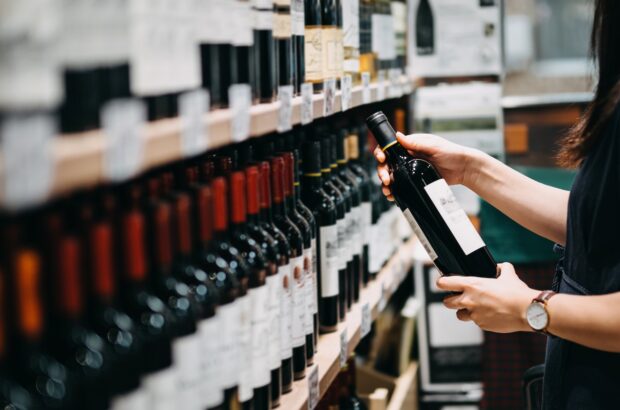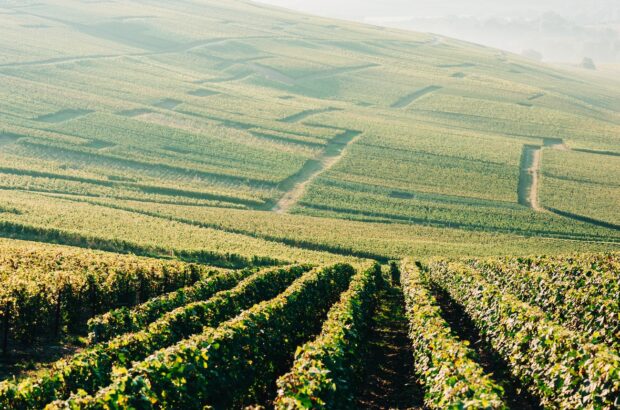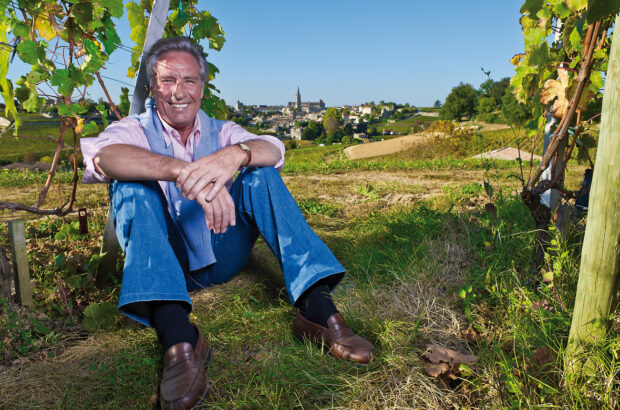For some reason, these aren’t questions that many of us ask ourselves when it comes to wine, but that needs to change. There are just as many opportunities for human exploitation in wine production as there are in the production of, say, bananas and coffee – products that we’re now used to seeing accompanied by a Fairtrade label.
With one harvest per year, and the necessity for grapes to be picked at the optimal moment, many wineries employ seasonal workers (about 120,000 arrive in Champagne every harvest), and the unjust ways in which they are sometimes treated – whether through poor pay, long hours or poor sanitary conditions in which to work, sleep and eat – has rarely been probed.
A 2021 Oxfam report on the Italian wine supply chain found that 80% of workers in Puglia couldn’t meet their basic needs with the low pay they received. It also found that the illegal use of what’s known in Italy as caporalato – where a third-party contractor coerces vulnerable migrants to work for a very low wage – was widespread.
So how can we know, once the wine is on the shelf, that everyone involved in its production has been fairly treated and hasn’t had their human rights violated? At the moment, it isn’t easy. Some certifications, such as Equalitas and B Corp, cover social equity, but many don’t.
Sauternes’ Château Doisy Daëne and a number of other estates have joined forces to create their own labour subcontractor, meaning that they can have more control over the working conditions for their seasonal workforce.
Ultimately, wine should give pleasure, be fun and joyful, and yet, as the CEO of UK retailer The Wine Society told me, ‘wine can’t be joyful when you know in your head that someone might be suffering’. As consumers, the more we start to ask questions, the more retailers, importers and producers will need to start providing answers.

…fungicides?
Vines are particularly susceptible to fungal diseases, which cause the grapes, leaves or trunk to rot. The most common are powdery mildew, downy mildew and grey rot. To combat these diseases, vines can be sprayed with chemicals, called fungicides, that contain copper and sulphur, which are allowed under organic certification. The trouble is, not only can they potentially harm the health of vineyard workers, they also end up in the soil and kill the good fungi that form vital underground networks.

Credit: iStock / Getty Images Plus
Sip to make a difference
Benjamin Bridge, Brut, Nova Scotia, Canada NV
Score: 90
£25 The Sourcing Table
I mentioned B Corp-certified Benjamin Bridge in my August feature on sustainability because its focus on people stands out as genuine and meaningful. Try its snazzy traditional-method sparkling, made from Chardonnay and the hybrid L’Acadie – it’s citrussy, smoky and complex, and really overdelivers for the price. Drink 2024-2027 Alcohol 12%








